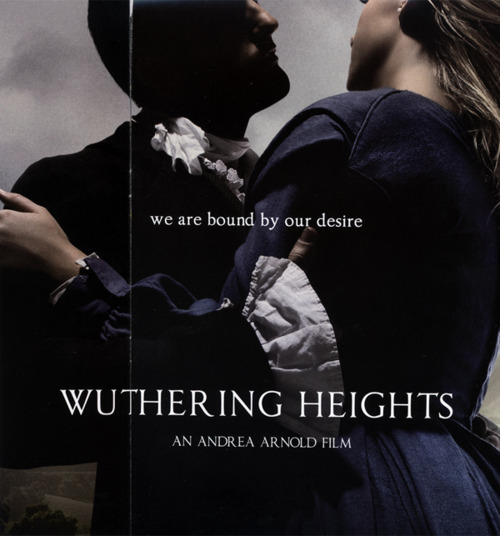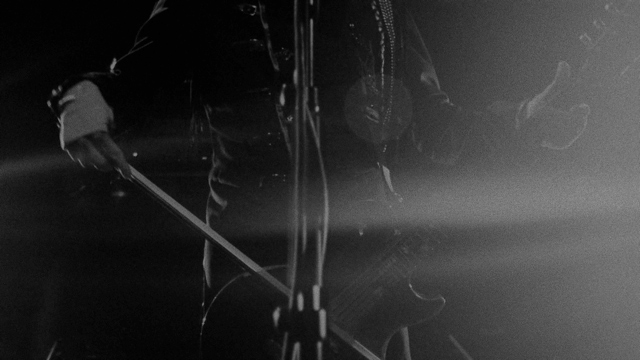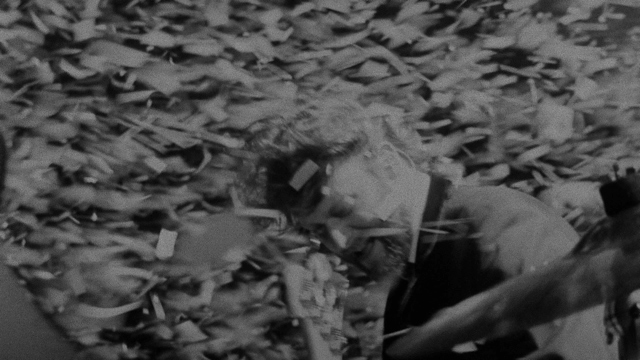




Inspiration from contemporary and past literature seems to be the center around most of the movies run at the Venice Film Festival 2011.
So Director Andrea Arnold has worked to adapt Emilie Bronte’s “Wuthering Heights”, also inspired from cinema-version of the past (starring Laurence Olivier).
Since its publication in 1847 Emily Bronte’s only novel “Wuthering Heights” has been one of the most widely read, analyzed and influential works of literature in the world. It has inspired a multitude of creative outpourings including dramas, poems, ballets, operas (one of them by the legendary film composer Bernard Herrmann). The earliest known film adaptation was made by A.V. Bramble in 1920, although no surviving prints of it are thought to exist. Luis Bunuel made a Spanish Catholic interpretation — Abismos de Pasion (1954) set in Mexico. Jacques Rivette’s Hurlevent (1985) transported Bronte’s characters to the French countryside of the 1930s. An adaptation by Yoshishige Yoshida, Arashi ga Oka (1988), is set in feudal Japan. The most famous version is William Wyler’s 1939 film, the romantic Hollywood classic starring Olivier and Oberon. The first television adaptation was made by the BBC in 1948, followed by a score of others including an MTV re-interpretation set in a California high school. References to “Wuthering Heights” abound in popular culture, from the Kate Bush song to Monty Python, Japanese manga, an internet role-play game and the phenomenally successful Twilight series of books and films.
Coming back to Arnold’s movie, it stars Kaya Scodelario and James Howson as Catherine and Heathcliff and tells the story of a Yorkshire hill farmer on a visit to Liverpool finds a homeless boy on the streets. He takes him home to live as part of his family on the isolated Yorkshire moors where the boy forges an obsessive relationship with the farmer’s daughter.
“I have never liked the idea of adaptations,” says Wuthering Heights writer-director Andrea Arnold. “A book is such a different language to film and they are often complete as they are, so I have really surprised myself by attempting one. And what a book to pick”, she wryly acknowledges. “It’s gothic, feminist, socialist, sadomasochistic, Freudian, incestuous, violent and visceral. Trying to melt all that together into a film is an ambitious and perhaps foolish task. Any attempt will never do the book justice. But it was like I had no choice. Once the idea was in my head I could not put it down. Even when things became very difficult I couldn’t let it go”.
Arnold recalls her introduction to Emily Bronte’s classic. “The first time I knew of “Wuthering Heights” was seeing the film with Laurence Olivier as Heathcliff and Merle Oberon as Cathy when I was a kid. I don’t remember why, but it deeply affected me. I read the book later when I was a teenager. I was surprised because it wasn’t quite the love story I had grown to expect. It was a much darker, stranger, more profound thing”.
Typically in adaptations the focus has been on the passionate bond between Heathcliff and Catherine Earnshaw, enshrining “Wuthering Heights” as a tale of undying love. But it is also a story of extreme emotional cruelty, physical abuse, consuming obsession and complete isolation, an inescapable tragedy. Arnold says “When I re-read it after many years I found myself fretting about Heathcliff. The ultimate outsider. A vertical invader. I wanted to make it for him. The way he was treated as a boy. The brutality.
The way he then turns out. A product of his experience, or of his true nature? Cathy says she is Heathcliff. I think Emily was Heathcliff. I think we might all be Heathcliff”.
“All I could do was make my own personal version” Arnold says simply. “Despite it being so known and so talked about the book still feels so personal and intimate. I can really sense the raw feelings of the young Emily writing alone in her bedroom, letting her imagination roam, the wind crazy outside. She was a poet, one who had the courage to speak with her own very original voice”.

Another great docu-movie presented in the latest days in Venice is “Inni”, in “Giornate degli Autori” section.
Directed by Vincent Morriset, already known for his work on Arcade Fire’s documentary “Miroir Noir”, the movie shows shots of patchy black and white, spinning gramophones, noises, blinding lights and dramatic scenes of music taking form into cinema.
All celebrating Sigur Ros, Iceland and terrific images of this great land.
Must be seen!

by Ilaria Rebecchi
[…] King's Road – the best in cinema, music, art, fashion, photography … […]